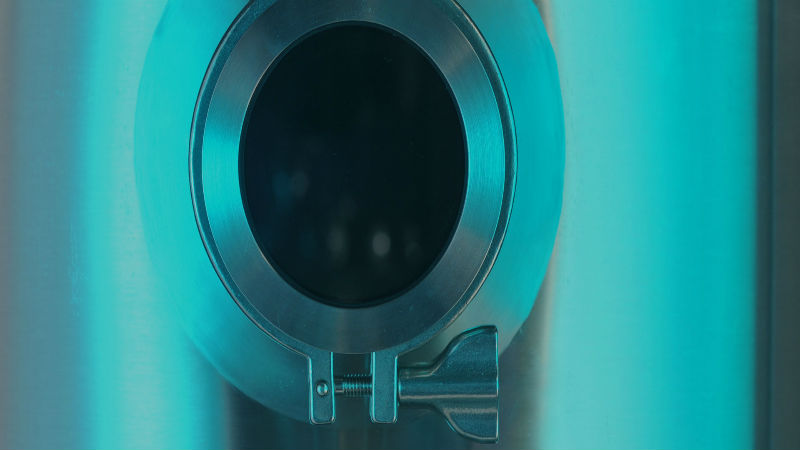If you want to have a drink that has mouth flavor, you need to make it fizz. Beverage producers realize that. They know the public enjoys that tingling sensation. To make sure their products deliver this expected quality, they turn to some type of beverage carbonator.
What Is a Carbonator?
Simply put, a carbonator is any device that delivers carbon dioxide (CO2). In beverages, this is the active ingredient – the one that provides the drink with the capability of fizzing when the consumer opens that bottle or flips open that can. Carbonators are not all the same. The equipment may be a wand or could be an inline system. The technology could be basic and natural i.e. fermentation, or it could be sophisticated involving the latest advances in automation.
Whatever the type of equipment, the goal is the same. It is to provide the right amount of fizz in the drink. This is true for sodas, beer, wine and water. Energy drinks, juices and even tea may require carbonization to meet the demands of the global market for carbonated beverages.
About the Fizz
In actuality, two elements create the fizz in drinks. The first is CO2. This colorless, odorless, tasteless gas is present naturally in the environment in only small amounts. It plays a critical role in producing greenhouse gases. While our lungs eject it, our bodies ingest it in our favorite drinks.
How does it get into our drinks? A beverage carbonator forces CO2 into water. This process involves two things:
- Low temperatures – This gas dissolves better in cold water with 45°F recommended most by those who make soda
- Pressure – The higher it is the faster the gas will dissolve in the water
To produce carbonated water, you must first chill the water to the appropriate temperature and then apply adequate pressure. As long as sufficient pressure remains in the water, the CO2 will stay in a state chemists refer to as equilibrium. Once bottled, the gas has nowhere to escape to until you open the bottle or pop the tab.
Carbonic Acid and the Fizz
The resulting fizz and its expansive taste is also a result of chemical reaction caused by the addition of CO2. The process alters the taste of the water by interacting with it to produce carbonic acid. This produces a flavor that is sharp and tangy. While not present in large amounts, it can have a major effect. The acid gives that fizz the bite many of us find pleasing.
Beverage Carbonator
Adding fizz to various drinks is one means through which companies attract and retain their customers. Many love the taste sensation produced when water and CO2 combine. The creation of carbonic acid further tantalizes and attracts many into purchasing these drinks. Whether it is beer, water, sodas or juices, many of us simply cannot resist that slow fizz that only a beverage carbonator can produce in our favorite drinks.


